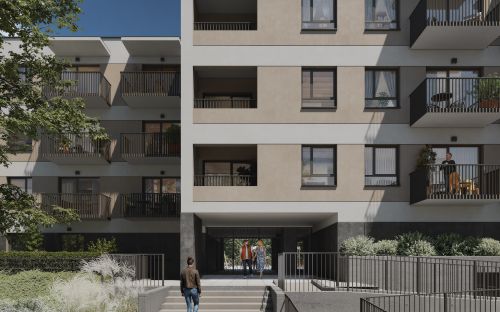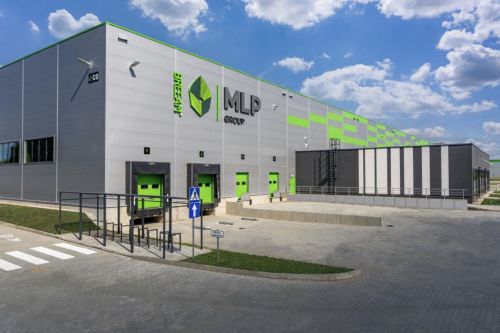The stock exchanges, particularly those of the emerging markets, have yet to react to the correction in fuel prices, since these had been a factor in propping up the indexes over the last few weeks of winter. Some analysts believe that such an effect is being put off and that Q2 will be a time of selling and profit taking. Particularly taking considering that the risk factors will begin to accumulate. As well as the sluggish revival of the eurozone (which is having a definite impact on the Warsaw Stock Exchange) and the European Central Bank’s attempt to stimulate it (negative interest rates and cash pouring in order to support the economy), there is also the prospect of the Brexit. The referendum that is to take place in June will continue to take its toll on the European stock exchanges, and this effect will not be exclusive to Europe. The UK’s extensive economic integration with the European Union makes the economic consequences and those for the capital markets hard to


























































